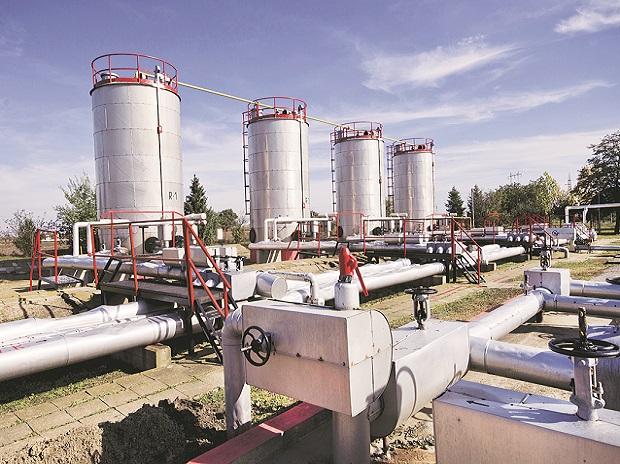Engineering Post Report
The federal government plans to privatize public oil and gas companies for various concerns,
No immediate more details in this regard are available from official sources concerned. The federal government has already decided to stop building coal-fired power plants in the country because of environmental issues and concerns.
While having a look at the energy sector, it is to be stated pointedly that the use of energy has increased significantly due to various inventions and innovations of common use made during the last century. Thus almost all human activities have become more dependent on energy. For developing nations in particular, there was fundamental need for reliable and affordable energy. In these countries including Pakistan, energy demand has been increased due to expansion in industry, modernized agriculture, increased trade and improved transportation.
Pakistan is dependent on energy imports because there was lack of investment in indigenous resources of hydro, natural gas and ignite. Biomass was the latest energy source in the country.
Due to significant increase in electricity demand in the country for various reasons, both state-owned gas companies and Independent Power Producers (IPPs) were actively engaged in producing electricity.
However, fiscal sustainability had become a challenge due to increase in energy payments. This energy deficiency had begun from a fuel mix transformation which was initiated two decades ago, when power generation used to rely more on imported furnace oil than hydropower.
The current energy crisis, according to the sources concerned, began to manifest itself by late 2007. The problem had evolved over the years from one of chronic power supply deficits to one where there was excess installed capacity but not enough cash flow in the system to run it. The latter created ‘circular dent’ issue.
Specifically, the circular debt in Pakistan’s energy supply chain referred to the cash flow shortfall incurred in the power sector from the delayed/non-payment of obligations by consumers, distribution companies and the federal government as such.
It has ,however, continued to grow in size over the years, rising from 1.6 per cent of Gross Domestic Product (GDP) i.e. Rs 161 billion in 2008 to 5.2 per cent of GDP i.e. Rs 2150 billion in June 2020.
The incumbent federal government was giving prime importance to resolve this and accordingly working on various options to reduce circular dent, the sources maintained.







